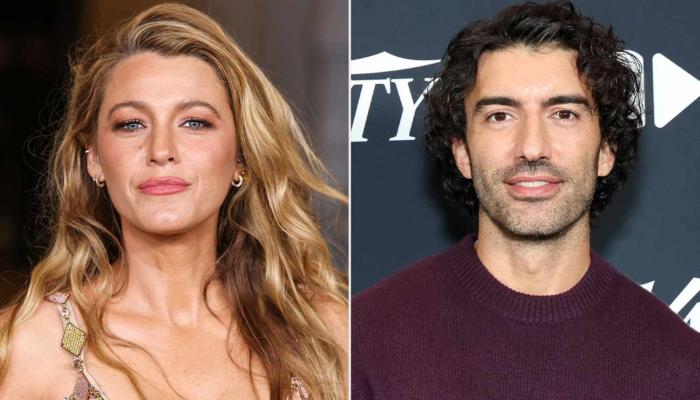Blake Lively wins protective order in Justin Baldoni lawsuit but with major restrictions
Blake Lively has accused Justin Baldoni, along with his publicists of sexual harassment
Blake Lively has secured a modified protective order in her ongoing legal battle against Justin Baldoni and others connected to It Ends With Us, but the court has placed restrictions on the scope of her request.
On Thursday, March 13, Judge Lewis J. Liman ruled that while some confidential materials will remain protected, an “Attorneys’ Eyes Only” (AEO) designation can only be applied when disclosure is “highly likely to cause a significant business, commercial, financial, or privacy injury.”
Lively had sought broader safeguards to prevent private details from leaking to the media or circulating in Hollywood. While the judge acknowledged the risk of sensitive information spreading through industry gossip, he made it clear that protections must be reasonable.
"And where confidential information is not disclosed to the media, it may spread by gossip and innuendo to those in the tight artistic community in a position to do harm to one or the other of the parties but in a manner that might not be readily and immediately detected," the ruling stated.
Despite some limitations, Lively’s legal team viewed the decision as a win.
A spokesperson for Lively expressed satisfaction with the outcome, stating: "Today, the Court rejected the Wayfarer Parties' objections and entered the protections needed to ensure the free flow of discovery material without any risk of witness intimidation or harm to any individual’s security. With this order in place, Ms. Lively will move forward in the discovery process to obtain even more of the evidence that will prove her claims in court."
The ruling confirmed that AEO designations would apply broadly to appropriate categories rather than requiring case-by-case discussions.
Baldoni’s attorney, Bryan Freedman, also issued a statement, emphasizing that the defense had never sought the deeply personal information Lively wanted to keep protected.
"We are fully in agreement with the Court’s decision to provide a narrow scope of protections to categories such as private mental health records and personal security measures that have never been of interest to us, as opposed to Ms. Lively’s exceedingly overbroad demand for documents for a 2.5-year period of time, which the court rightly quashed. We remain focused on the necessary communications that will directly contradict Ms. Lively’s unfounded accusations."
Lively’s attorneys had pushed for an extensive confidentiality order, arguing that the case’s high-profile nature increased the risk of leaks, leading to reputational harm and media scrutiny. They contended that restricting access to certain materials to attorneys only was necessary to protect sensitive information.
However, Baldoni’s legal team opposed the request, calling it excessive and claiming it could hinder access to critical evidence needed for the case.
Ultimately, the court rejected Lively’s attempt to impose strict limits on all materials, opting instead to focus on specific protections for highly personal information.
Why is Blake Lively suing Justin Baldoni?
Lively has accused Baldoni, along with his publicists, producer Jamey Heath, Wayfarer Studios, and co-founder Steve Sarowitz, of sexual harassment and orchestrating a smear campaign to tarnish her reputation—claims Baldoni denies.
RELATED: Justin Baldoni fights to keep Blake Lively's publicist in lawsuit — Here's why
